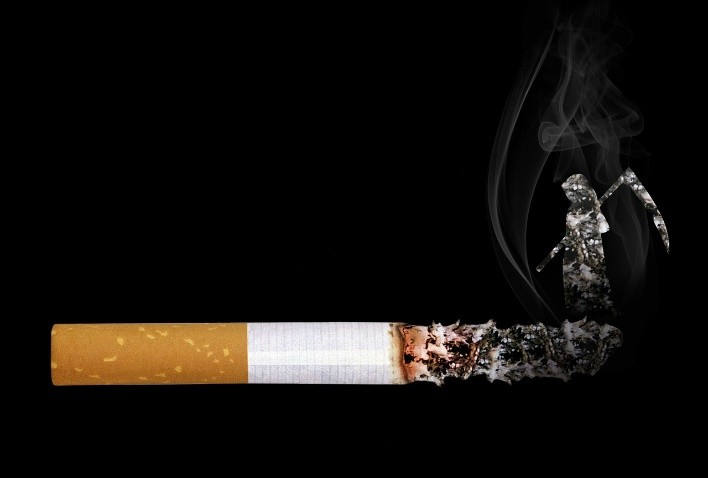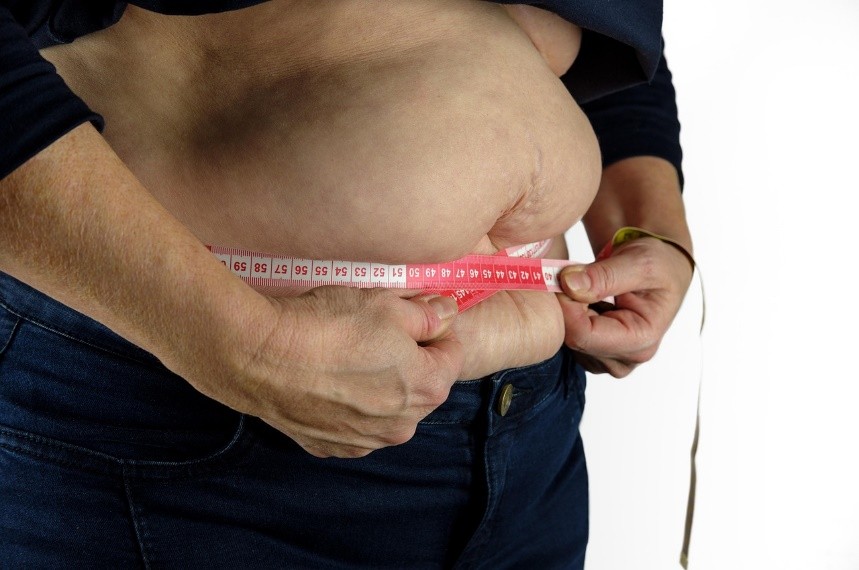What Is High Blood Pressure?
Blood pressure is the force of blood pushing against the arterial walls when your heart beats and rests. If this force is always too high, it’s called high blood pressure. Over time, it can damage your arteries and cause serious damage to many organs like the heart, brain, kidney, and eyes.
High blood pressure, also known as hypertension, often has no symptoms, which makes it dangerous. It can lead to serious problems like strokes and heart attacks if not treated. Almost half of adults with high blood pressure do not know they have it. Hence, regular checkups are very important. You can manage it with a healthy diet, exercise, and sometimes medicine.
Key Facts
According to the World Health Organization:
- Over 1.28 billion adults (ages 30–79) worldwide have hypertension, with two-thirds in low- and middle-income countries.
- 46% are unaware they have it, and only 42% are diagnosed and treated.
- Just 21% have their blood pressure under control.
- Hypertension is a major global cause of early death. A global goal is to reduce its prevalence by 33% by 2030.
Silent Killer
High blood pressure (≥140/90 mmHg) often shows no signs and symptoms but can lead to serious conditions like heart disease, stroke, and kidney failure. The damage to your body is still happening. That’s why doctors call it a “silent killer.” The only way to detect it is through regular blood pressure checks. So, visit your doctor at least once a year. You might feel fine, but your blood pressure could still be high.
Risk Factors
The various factors leading to high blood pressure are:
- Poor diet (excess salt, fats, low fruits/vegetables)
- Physical inactivity
- Tobacco and alcohol use
- Obesity
- High salt diet
- Certain diseases like acute or chronic kidney disease
- Smoking
- Drug abuse


How Is Blood Pressure Measured?

It’s measured with two numbers:
- Top number (systolic): Pressure when the heart beats.
- Bottom number (diastolic): Pressure when the heart rests.
Example: 120/80 mmHg

What Is Considered High Blood Pressure?
In the U.S., high blood pressure means:
- Top number: 130 or more
- Bottom number: 80 or more
In Europe, the numbers are slightly higher (140/90 or more). In general, blood pressure more than 140/90 is widely considered to be high blood pressure which needs to be controlled.
Are There Any Symptoms?
Usually, there are no symptoms. But if it’s very high (180/120 or more), you might get:
- Headaches
- Chest pain
- Nosebleeds
- Heart pounding
- Vertigo
- Breathlessness
This is a medical emergency.
What Are The Possible Complications?
If untreated, high blood pressure can lead to:
- Heart attack
- Stroke
- Kidney failure
- Eye damage
- Pregnancy problems
- Memory issues
How Is It Treated?
Lifestyle Changes:
- Lose weight
- Eat healthy
- Cut down on salt
- Eat more potassium
- Exercise regularly
- Drink less alcohol
- Stop smoking
Medications:
Doctors may prescribe:
- Beta Blockers
- ACE inhibitors
- ARBs
- Calcium channel blockers
- Diuretics
When to Get Help?
Go to the emergency room if you experience:
- Chest pain
- Trouble breathing
- Blurry vision
- Fast heartbeat (Palpitation)
- Dizziness
- Nosebleed
- Severe headache


Questions to Ask Your Doctor
- What’s a healthy blood pressure for me?
- Should I check it at home?
- Do I need medication?
- Are there foods or supplements I should avoid?
- Can I stay on my medicine if I get pregnant?

